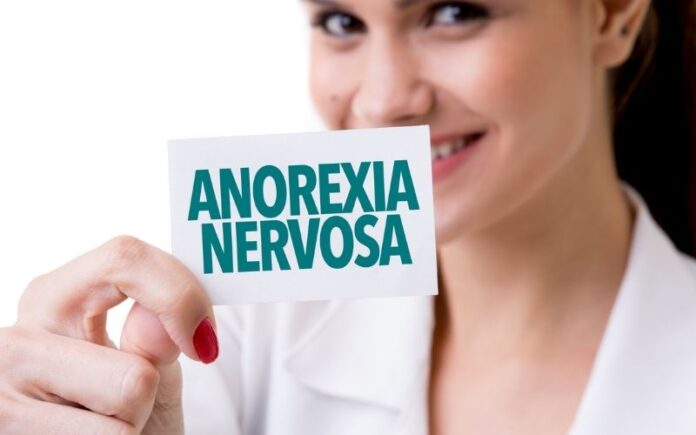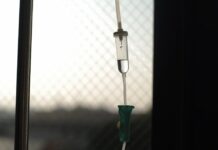- The hunger you’re experiencing post-restriction is not “extreme.” Your “extreme hunger” is not so extreme when you consider the context in which it exists (i.e. following extreme deprivation.) Actually, your hunger is not so “extreme” at all; it’s biologically reasonable and ultimately life-sustaining. We’re subliminally conditioned by diet-culture to undernourish ourselves and, in the context of disordered eating, essentially starve ourselves. And then, despite possessing the knowledge that we’ve significantly under fuelled our body for sustained durations of time, we still class the subsequent hunger that follows as “extreme” rather than the conditions which elicited it in the first place.
- We so often hear reactive hunger labeled as “extreme?” But it’s not extreme at all. It makes sense: you’ve experienced a period of undernourishment, which is what’s really “extreme” from your biology’s standpoint. It’s had to adapt your metabolic and physiological processes to cater to your reduced energy intake and thus, hindered your ability to function optimally physically, emotionally, and mentally. Many of your natural, biological processes (like digestion, fertility, body temperature maintenance, etc.) have been halted as a means of conserving limited energy. It’s only natural that, upon reintroduction of adequate energy, that your body requires more energy to heal these processes and thus, bring your body back “up to speed”.
- Let’s take a look at the causes of reactive/”extreme” hunger:
 • Extreme food restriction/fasting (and/or rapid weight loss) • Purging (self-induced vomiting, misuse of laxatives or diuretics) • Extreme exercise • Black and white thinking leading to dietary restraints Now let’s dissect
• Extreme food restriction/fasting (and/or rapid weight loss) • Purging (self-induced vomiting, misuse of laxatives or diuretics) • Extreme exercise • Black and white thinking leading to dietary restraints Now let’s dissect - Surplus following you cannot recover from an energy deficit by merely entering a state of energy balance. An energy deficit is healed when it’s followed by a period of energy surplus. It’s not “extreme” for your body to be yearning for (subjectively decided) “excessive” amounts of food following any sustained period of deprivation, its life saving and exceptionally clever on behalf of your biology. You have obtained insufficient energy to sustain your physiological requirements and hence, you must respond to your body’s request for extra nourishment to address said physiological requirements.
- Reactive hunger following a period of restriction is not what’s “extreme,” the period of restriction is. “Reactive hunger” is not proof you can’t be trusted around food; it’s not serving to demonstrate you’re bound to be “crazy” around food for eternity. It’s certainly not suggesting your biology isn’t working in your favor. And, despite what your Eating Disorder will tell you, “Extreme” hunger is not presenting you a valid reason as to why you need to micromanage your intake in order to prevent yourself “losing control.” Possessing reactive hunger following a period of deprivation is evidence your biology is on your side. Your body is working in overtime to ensure physiological functioning is healed. Your biology is only invested in your health; it has no ulterior motive. I promise you, you are not bound to eat “excessively” to no avail. Following necessary weight restoration and physiological healing, your hunger signaling will re-establish a sense of “normality.” Trust the recovery process.







